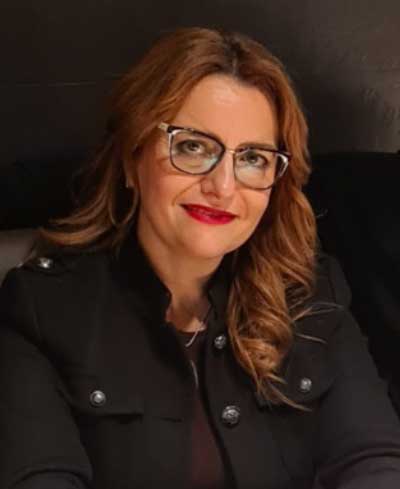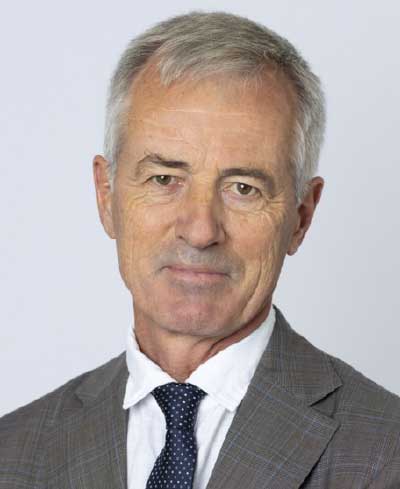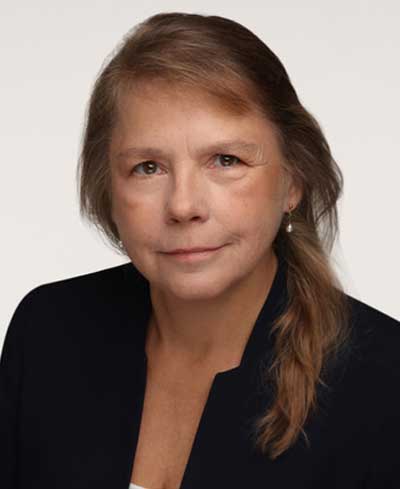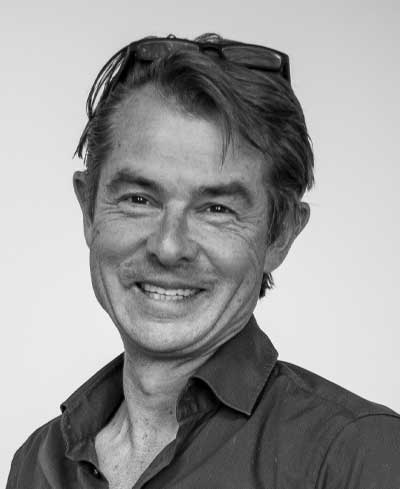Policy Session : Rethinking Global Finance
Session Format: High-Level Panel Discussion (90 minutes) with Q&A
Date: 24 October 2025 – 14:00- 15:30 CET
Context and Rationale:
The global financial system is at a crossroads. Multiple crises—climate change, geopolitical instability, economic fragmentation, public health shocks, and growing inequality—have exposed vulnerabilities in existing financial architecture. Traditional approaches to global finance often prioritize short-term stability and efficiency but fail to adequately address long-term resilience, sustainability, and inclusivity.
Emerging challenges such as climate adaptation, biodiversity loss, digital transformation, and demographic shifts require unprecedented levels of investment and new financial architectures. Yet developing economies, especially in the Global South, continue to face restricted access to affordable finance, high debt burdens, and structural exclusion from decision-making processes.
This policy session will create space to rethink global finance: how it is governed, how resources are mobilized and allocated, and how financial flows can be aligned with sustainable development, climate goals, and social inclusion.
Objectives
- Critically examinethe shortcomings of the current global financial system in addressing contemporary global challenges.
- Identify pathwaysto reform global financial governance, with attention to equity, representation, and voice for the Global South.
- Explore innovative instruments(e.g., blended finance, nature and brain capital integration, carbon/biodiversity credits, digital financial innovations) to mobilize sustainable investment.
- Build consensusaround actionable recommendations for a more inclusive and resilient global financial architecture.
Agenda
Moderator: Prof. Rym Ayadi, Founder and President, EMEA
Introduction: Karel Lannoo, Chief Executive Officer at CEPS
Panelists:
- Kathleen Tyson, Founder and Chief Executive, Pacemaker.Global
- Ulrich Bindseil, TU Berlin and former Director General Market Infrastructure and Payments at the European Central Bank (ECB)
- Martin Kessler, Director, Finance for Development Lab, Paris
- Katie Gallogly Swan, UNCTAD (Online)






